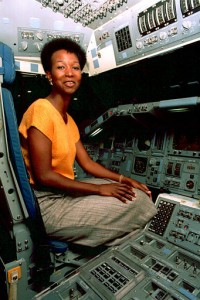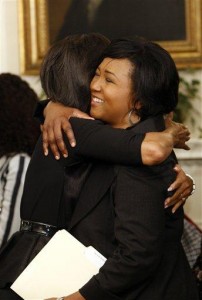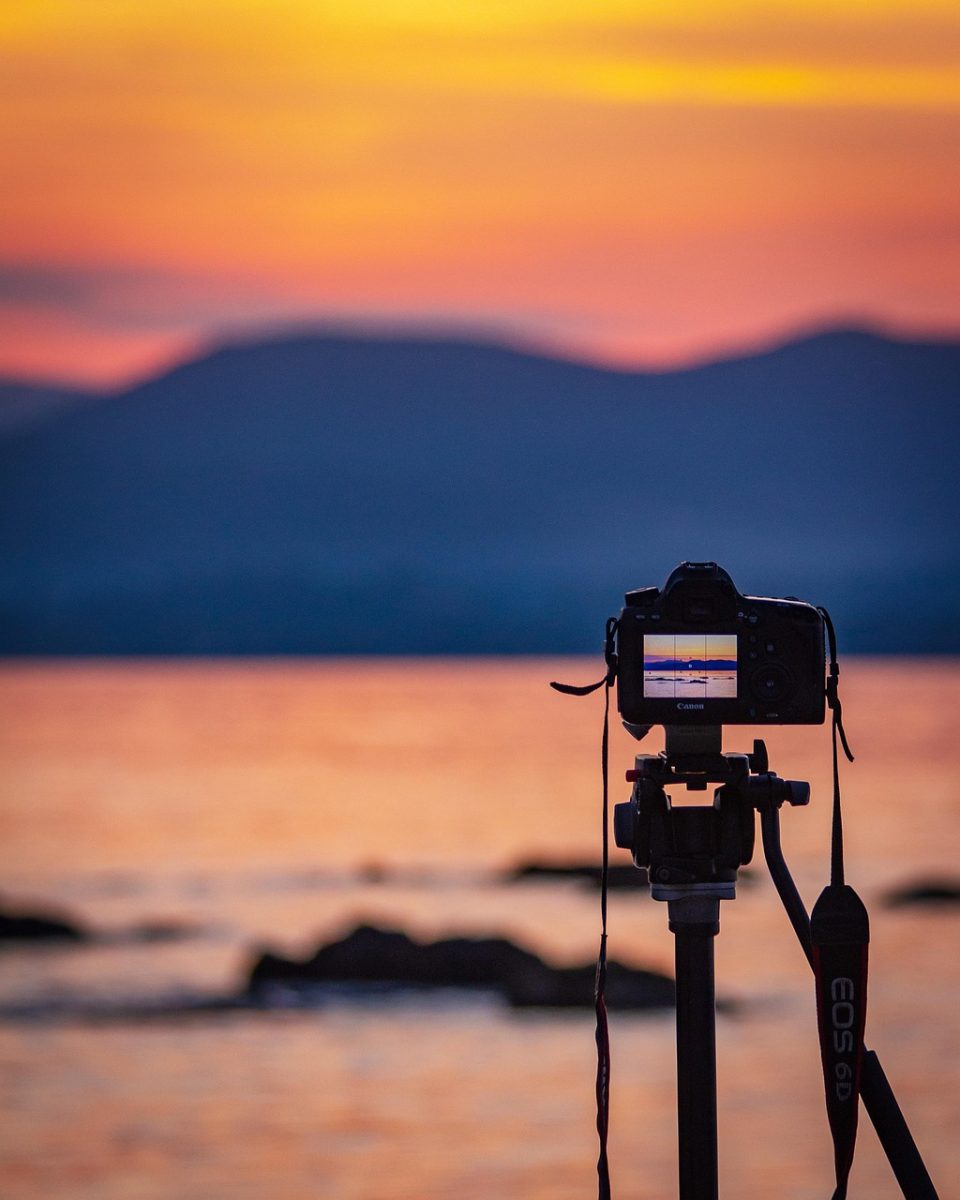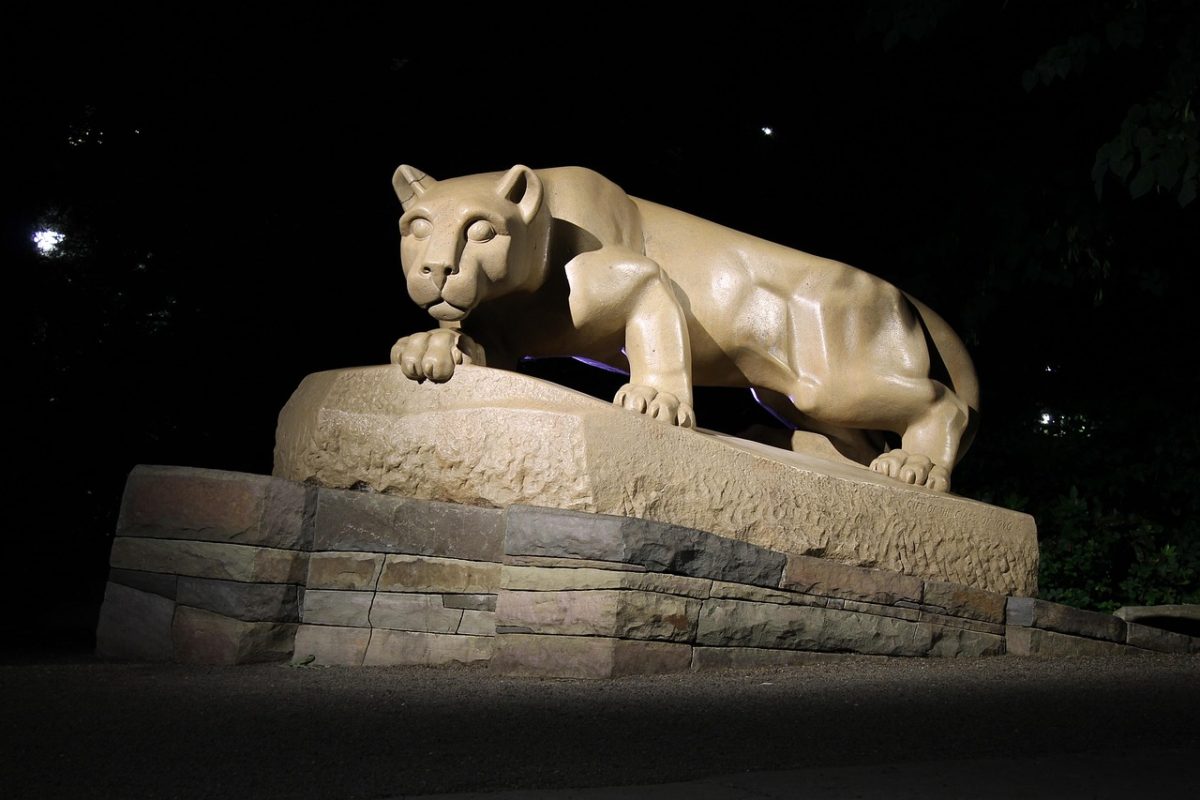By: Irene Ciocirlan
She had a dream.
Mae Carol Jemison, the first African American woman to fly to space, has greatly impacted black history. Black History Month was created in 1976 to celebrate the achievements of African Americans.
Every February, we recognize Jemison’s exceptional accomplishments along with many others. They all matter in the struggle for civil rights; from important figures who fought to end segregation, slaves who were freed, or the first African American doctor; they all matter in the struggle for civil rights. Every little step to end segregation and change how the world views African Americans has made a major impact on society today. A few names might immediately come to mind: Martin Luther King Jr., Rosa Parks, Malcolm X. But what about the less recognizable names that still influenced the world today with their amazing success?

Jemison had big dreams, and she followed those dreams right up into space. She was on a rocketship called the Endeavour with six other astronauts. Jemison earned the title of Science Mission Specialist after more than a year of hard work and training. According to Biography.com, she spent over 190 hours in space recording and analyzing research. Additionally, Jemison conducted many experiments on weightlessness and motion sickness on herself and the crew.
This date went down in history for expanding opportunities for African American women: September 12th, 1992. This was the date that Jemison became the first black woman to fly to outer space.
Hard work and perseverance have always been some of Jemison’s strong suits, according to Biography.com. Jemison attended Stanford University at the young age of 16. This was only the beginning of her success.
Jemison was born on October 17, 1956, in Decatur, Alabama, and lived with her parents, brother, and sister. The family moved to Chicago when Jemison was a toddler, which she considers her hometown. Throughout the early years of Jemison’s childhood, she was already developing an interest in science. According to Biography.com, Jemison spent hours on end in her school library reading about astronomy and other aspects of science.

Her parents were more than supportive of her life goals; always pushing her to go further in school. Jemison graduated at the young age of 16 from Morgan Park High School in 1973, and then went to Stanford University on a National Achievement Scholarship. She participated in many clubs and extracurricular activities, including dance, theater, and was the head of the Black Student Union, yet didn’t let them distract from her studies. Jemison graduated with a chemical engineering degree in 1977.
Jemison then went on to Cornell University Medical College and during her years there, she found time to expand her horizons by studying in Cuba and Kenya and working at a Cambodian refugee camp in Thailand, according to editors for biography.com.
Jemison’s hard work at some of the country’s most prestigious universities was an amazing form of black excellence that is still recognized today. She also opened up opportunities for women and minorities looking to further their education. When Jemison graduated with a doctorate degree from Cornell University, people close to her looked up to her and were astonished by her success. But what she went on to do is even more exceptional.
For the next two and a half years, Jemison worked for the Peace Corps in Sierra Leone and Liberia, where she taught and did medical research.
A few years after that, on June 4, 1987, Jemison was chosen to be admitted into the astronaut training program, and thus became the first African American female to go to space. As the Science Mission Specialist, Jemison was responsible for conducting crew-related scientific experiments on the space shuttle, some of which included tests on weightlessness and motion sickness.
The National Aeronautics and Space Administration (NASA) reported that when she flew to space in September of 1992, “she logged [over] 190 hours in space during that eight-day mission.”
In recognition of her accomplishments, Dr. Jemison received many honorary awards such as the Ebony Black Achievement Award and the Essence Science and Technology award. She even established her own organization, called the Jemison Group. This is a company that seeks to research, develop, and market advanced technologies.
Jemison has inspired many people over the years to further their education or just to do things out of their comfort zone. Her contributions to black history and her accomplishments in science are not to be forgotten this month.Following her historic flight, Biography.com reported that Jemison said society should recognize how much both women and members of minority groups can contribute if given the opportunity.









